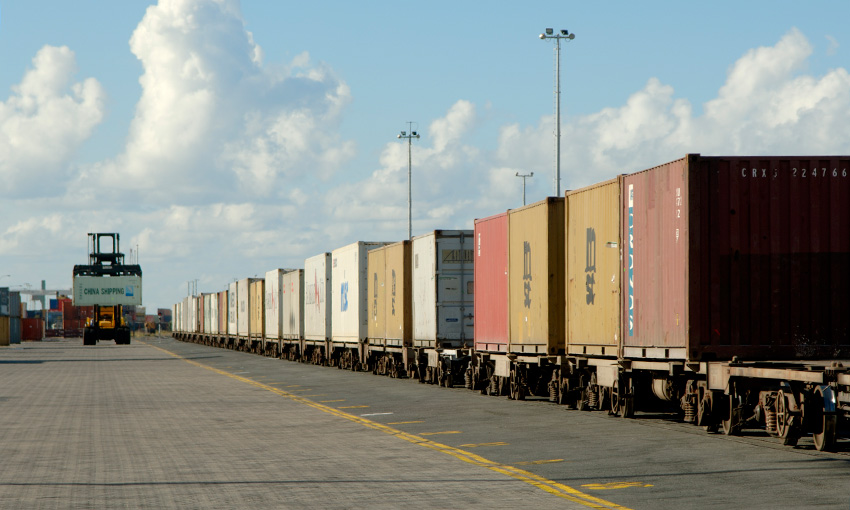A REVIEW of Australia’s rail-freight industry was launched this week in Sydney.
Former Deputy Prime Minister John Anderson is leading the review, which aims to “unlock the continuing policy constraints holding back the efficiency of the nation’s rail freight industry”, according to a statement from The Australasian Centre for Rail Innovation (ACRI).
Funding for the review is coming from the Freight on Rail Group of Australia (FORG); the Australasian Railway Association (ARA) and the Federal Department of Infrastructure, Transport, Regional Development and Communications.
Advisory firm Synergies Economic Consulting, together with ACRI will carry out the review, which is expected to be published in Q3 2022.
Mr Anderson said the review comes at a pivotal time for the Australian economy.
“At a time of significant rail infrastructure funding – including Inland Rail – impediments to the utilisation of rail freight are costly for the Australian economy and the community,” he said.
Mr Anderson said rail freight offers substantial advantages over road freight in the areas of environment, safety and productivity.
“Despite these clear benefits, on major freight corridors across Australia there continues to be a shift of freight from rail to road,” Mr Anderson said.
“Are we going to capitalise on the next cycle of post-COVID economic growth with efficient supply chains that add great value to Australian industry and exports? Or are we going to languish with policy settings that fail to harness the opportunities that rail freight provides?
“What is required is an evidence-based assessment of the key impediments to rail and identifying practical policy changes that improve the productivity of rail freight and allow the industry to bring more freight onto rail where rail offers safety, economic and environmental benefits for customers and for the community.”
Pacific National managing director and CEO Paul Scurrah said ACRI’s review into rail freight productivity is timely for a number of critical reasons, notably the need to enhance efficiency of national supply chain operations as part of Australia’s economic recovery from the coronavirus pandemic.
“Additionally, hauling larger volumes of freight by rail delivers a host of environmental and societal benefits, including reduced traffic congestion, safer roads resulting in fewer accidents and fatalities and lower carbon emissions,” he said.
FORG chairman and Aurizon CEO Andrew Harding welcomed the review.
“Rail has enormous potential to unlock economic growth opportunities for Australia,” he said.
“This review is an important step in highlighting the benefits of rail and to help level the playing field with road policy. If we get this right, we can grow the rail industry and open up new markets and job opportunities across regional and rural Australia.”
ARA CEO Caroline Wilkie also welcomed the review and the collaboration between industry and government.
“By working together we can help identify and fix the policy roadblocks impeding the growth of the rail freight sector in Australia,” Ms Wilkie said.
ARTC CEO and managing director Mark Campbell said as Australia rebounds from the pandemic the importance of reliable, efficient and sustainable supply chains will be critical.
“Ensuring we have the right settings in place to move freight to market will be vital for Australia’s long-term competitiveness. Rail plays such an important part in the supply chain network and this review will assist in determining the right settings moving forward,” Mr Campbell said.
Key issues the review is to consider include:
- factors affecting the current mode share of rail freight on key corridors;
- the role of infrastructure provision and investment;
- the uneven playing field created by heavy vehicles paying lower infrastructure charges than rail; and
- opportunities to meet the current and emerging requirements of Australian industries that rely on freight supply chains to transport products to markets in Australia and to export markets.





